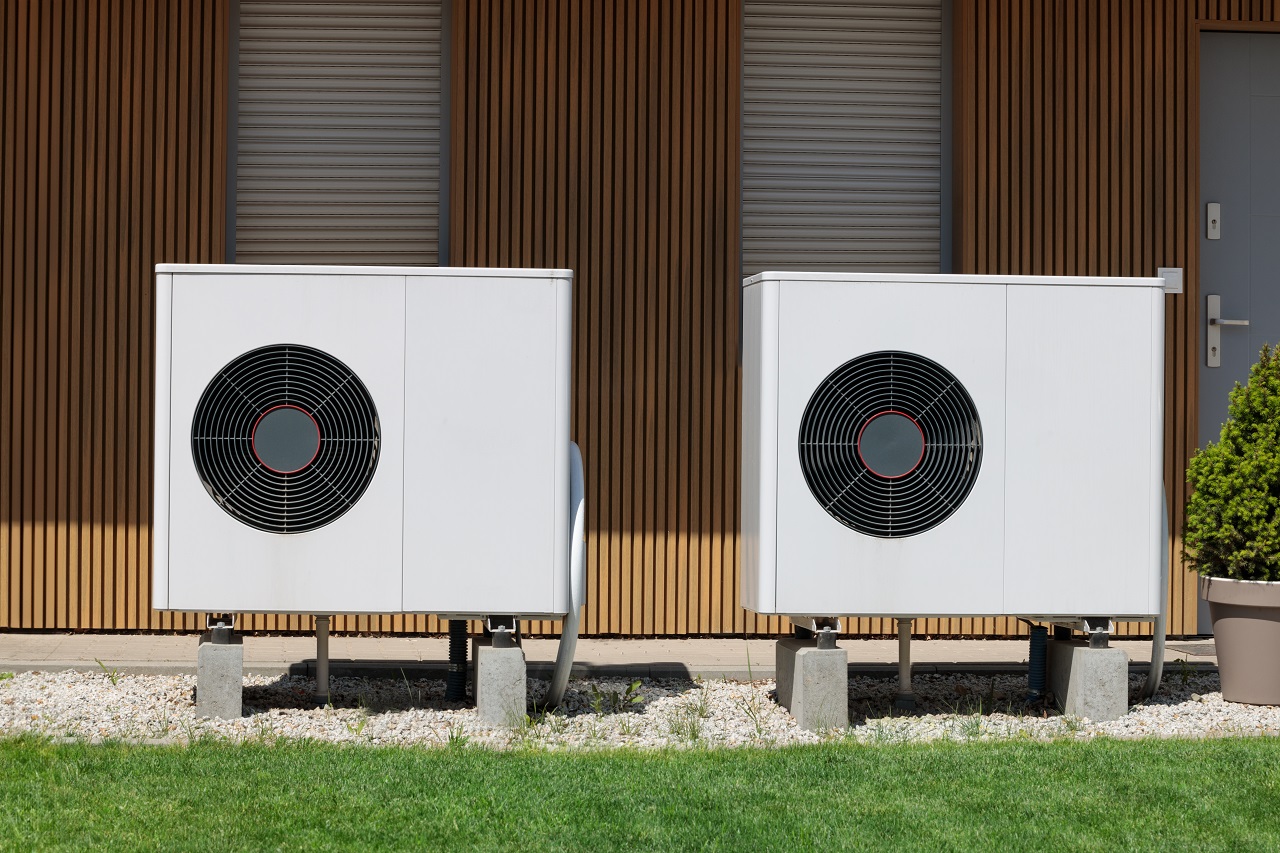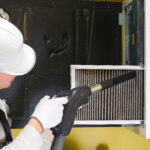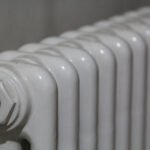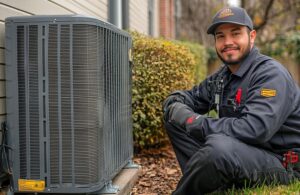
Saving energy with your HVAC system can make a big difference in your utility bills and overall comfort at home. Many people are unaware of the simple steps they can take to make their heating and cooling systems more efficient. By implementing a few easy changes, you can save money and reduce your environmental footprint.
One of the primary ways to save energy is by optimizing your thermostat settings. Small adjustments to your thermostat can have a significant impact on your energy consumption. Using programmable settings can help maintain a comfortable temperature when you’re home and save energy when you’re away.
Regular maintenance is another crucial factor. Keeping your HVAC system in top condition ensures it operates efficiently. Simple tasks like changing filters and having seasonal check-ups can prevent issues that make your system work harder than it needs to.
Improving your home’s insulation is also essential. Proper insulation keeps the desired temperature in your home stable, reducing the workload on your HVAC system. This can lead to substantial energy savings, especially during extreme weather.
Lastly, using energy-efficient HVAC units and components can make a significant difference. Advances in technology have produced systems that use less energy while providing the same level of comfort. Investing in these upgrades can result in long-term savings.
By following these easy tips, you can ensure your HVAC system runs efficiently, saving both energy and money. Let’s explore each tip in detail to help you get started on a more energy-efficient home.
Optimize Your Thermostat Settings
One of the easiest ways to save energy with your HVAC system is by optimizing your thermostat settings. By making small adjustments, you can improve efficiency and reduce your energy bills.
First, consider setting your thermostat to a higher temperature in the summer and a lower temperature in the winter when you’re not home. For example, during the summer, you can set the thermostat to around 78°F when you’re at home and higher when you’re away. In the winter, try setting it to around 68°F when you’re home and lower when you’re not. These slight adjustments can make a big difference in energy use without sacrificing comfort.
Another useful tip is to use a programmable thermostat. With a programmable thermostat, you can set different temperatures for different times of the day. This way, you can ensure your home is comfortable when you’re there and save energy when you’re not. Some modern thermostats even offer smart features, allowing you to control settings remotely through your smartphone.
Don’t forget about zoning systems. If your home has multiple zones, you can control the temperature in different areas separately. This allows you to cool or heat only the occupied areas, saving energy and reducing costs.
Regular Maintenance for Efficiency
Regular maintenance is key to ensuring your HVAC system operates efficiently. A well-maintained system not only saves energy but also lasts longer and performs better.
One important maintenance task is changing the air filters regularly. Dirty filters can restrict airflow, making your HVAC system work harder to maintain the desired temperature. Replacing the filters every one to three months helps keep the system running smoothly and efficiently.
Another crucial maintenance step is scheduling seasonal check-ups with a professional. During these check-ups, a technician will inspect and clean various parts of your HVAC system, such as the coils, blower motor, and ducts. They can identify and fix any issues before they turn into major problems, ensuring your system operates efficiently throughout the year.
Cleaning the outdoor unit is also essential. Over time, debris like leaves, dirt, and grass can accumulate around the unit, obstructing airflow and reducing efficiency. Regularly clearing away this debris helps the outdoor unit perform optimally.
Taking these simple maintenance steps can help you save energy and money while keeping your HVAC system in top condition. A little effort goes a long way in ensuring your system runs efficiently.
Improve Your Home’s Insulation
Proper insulation plays a crucial role in maintaining your home’s temperature. Good insulation keeps your home warmer in the winter and cooler in the summer, reducing the strain on your HVAC system and saving energy.
Start by checking your attic, as it is usually a significant source of heat loss and gain. Adding insulation in your attic can greatly improve your home’s energy efficiency. Materials like fiberglass batts or blown-in cellulose are effective in providing a thermal barrier for your home.
Don’t overlook your home’s walls and floors. Insulating exterior walls and floors, especially above unheated spaces like basements or garages, can make a huge difference. You can use spray foam, rigid foam, or fiberglass insulation depending on the area and your specific needs.
Windows and doors are other critical areas to address. Weather stripping and caulking around windows and doors can prevent drafts, reducing the load on your HVAC system. Double-pane windows or storm windows can also improve insulation and energy efficiency.
By enhancing your home’s insulation, you can maintain a comfortable temperature inside and reduce energy consumption. This simple step not only saves money but also prolongs the life of your HVAC system.
Use Energy-Efficient HVAC Units and Components
Investing in energy-efficient HVAC units and components can result in significant energy savings and improved indoor comfort. Modern HVAC systems are designed to offer better performance while using less energy.
Consider upgrading to a high-efficiency HVAC unit. Look for units with the ENERGY STAR label, which signifies they meet strict efficiency guidelines. These units use advanced technology to provide the same level of cooling or heating using less electricity. The initial investment might be higher, but the long-term savings on utility bills make it worthwhile.
Energy-efficient components also help. For example, variable-speed motors in air handlers can adjust the airflow based on your home’s needs, resulting in more efficient operation. Similarly, advanced thermostats with smart features allow better control over temperature settings, further enhancing energy savings.
Don’t forget about your ductwork. Leaky or poorly insulated ducts can waste a lot of energy. Sealing and insulating ducts ensure that heated or cooled air reaches its destination without loss, making your system more efficient.
Switching to energy-efficient HVAC units and components is a smart way to save energy and money. Pair these upgrades with regular maintenance and proper insulation for the best results.
Conclusion
Saving energy with your HVAC system doesn’t have to be complicated. By optimizing thermostat settings, performing regular maintenance, improving home insulation, and using energy-efficient units, you can make your home more comfortable and reduce energy costs. Implementing these tips will not only save money but also extend the lifespan of your HVAC system.
Taking small steps can have a big impact on your home’s energy efficiency. Regularly checking and updating your system, making simple adjustments, and investing in upgrades can lead to significant savings and a more sustainable lifestyle.
Need professional help with your HVAC system? Turner On Services is here to provide expert advice and professional HVAC services, ensuring your system operates at peak efficiency. Reach out today to start saving energy and enhancing your home’s comfort.






